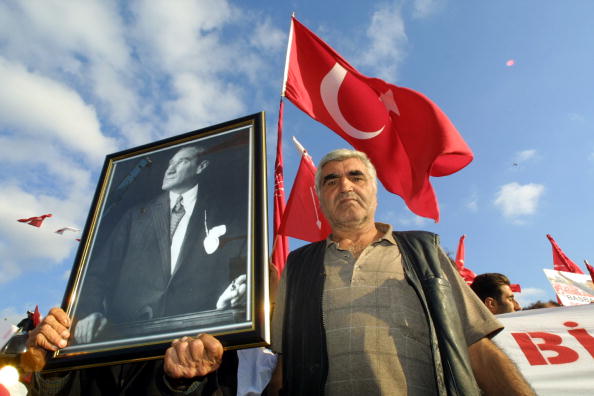A documentary depicting the Turkish Republic’s founder, Kemal Atatürk, as a “drunken debaucher” was seen as an attack on “Turkishness”, write Irem Kok and Funda Ustek.

The case
To mark the 70th anniversary of the death of the Turkish Republic’s founder, Kemal Atatürk, in November 2008, journalist and documentary filmmaker Can Dündar set out to produce, “The complete story of Atatürk [which] has been told neither to Turkey nor to the rest of the world.” Showing the “complete story” on the silver screen meant showing Atatürk in his full humanity, including his fondness for women and alcohol. Although some audiences argued there was nothing new about Atatürk in the documentary, it attracted fierce criticism on the grounds that it was insulting the country’s founder Atatürk, and indirectly “Turkishness” – an offence punishable by law under Article 301 of the Turkish penal code.
Some urged the public to refrain from watching the documentary, and under no circumstances allow children to see it, as it would belittle Atatürk’s image in their minds. Others argued that the documentary was part of a plot against Turkish secularism, believing that Kemalists would lose their attachment to a leader who was a “drunken debaucher”. Two doctors even went to court in the hope of getting the film banned on the grounds that it shows Atatürk as a chain smoker – showing smoking on film and television is illegal in Turkey. Although the film was not banned, and perhaps also due to the fierce debate in the media, it attracted a wide audience. Can Dündar’s personal website was blocked in schools at the request of the ministry of education who argued its content was “unfavourable” for students and teachers.























reply report Report comment
For more insight to the debate, see the feature article written by Yonca Poyraz Dogan: http://www.todayszaman.com/newsDetail_getNewsById.action?load=detay&link=158863&bolum=100